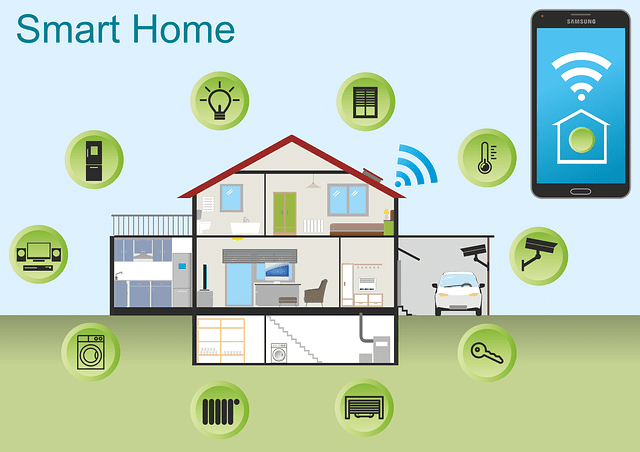
The Rise of Smart Homes
The Rise of Smart Homes
In today's technologically-driven world, the concept of a smart home is rapidly moving from being a novelty to a necessity. The ability to control various home appliances and systems with a simple voice command or the touch of a button has revolutionized our everyday living. We're talking about smart locks that enhance home security, smart thermostats that optimize energy use, and smart lights that adjust to your mood, among a host of other smart devices. However, to have a truly smart home, one needs a unifying system that makes all these devices work together seamlessly, and that's where a smart home platform comes into play.
Unraveling the Smart Home Platform
Unraveling the Smart Home Platform
A smart home platform, often referred to as a home automation hub, is a central control point that connects, manages, and controls all your smart devices. Think of it as the brain of your smart home. It is a software framework that allows devices from multiple manufacturers to communicate with each other, usually through a smartphone or tablet app. In some cases, these platforms also include hardware components like a hub or a smart speaker/display that add functionality and ease of use.
One of the main advantages of a smart home platform is organization. It aggregates all your smart devices into one app, enabling you to organize them into groups for easier control. For instance, you can group all the lights in your kitchen into a "Kitchen" group and control them with a single command. Moreover, a smart home platform enables you to create automations (also known as scenes and routines), which are essentially programmed sequences of actions that your smart devices carry out based on specific triggers. These triggers could range from time of day, specific actions (like motion detection), or voice commands.
Choosing the Right Smart Home Platform: Factors to Consider
Choosing the Right Smart Home Platform: Factors to Consider
Delving Deeper: Understanding the Major Platforms
Delving Deeper: Understanding the Major Platforms
The Future: A Unified Smart Home Standard
The Future: A Unified Smart Home Standard
The smart home industry is currently facing a significant challenge: the lack of a unified standard. This lack of standardization means that cross-platform compatibility can be complicated, leading to frustration for users who want to mix and match devices from different manufacturers.
To address this issue, a new smart home standard called Matter is being developed. Matter aims to create a unified and secure connectivity standard for smart devices, making it easier for devices to work together regardless of the manufacturer. However, it's important to note that we're still some way from seeing Matter fully adopted and implemented.
Creating a smart home is an exciting endeavor, but it also requires careful planning and consideration, especially when it comes to choosing the right smart home platform. Your choice will ultimately depend on your individual needs, preferences, and the devices you already own. The key is to research thoroughly, understand what each platform offers, and choose the one that aligns best with your lifestyle and technological comfort level.
Remember, a smart home is not just about having the latest gadgets; it's about creating a home environment that enhances your quality of life, offers comfort, and provides convenience. So choose wisely and enjoy the journey to a smarter home!







